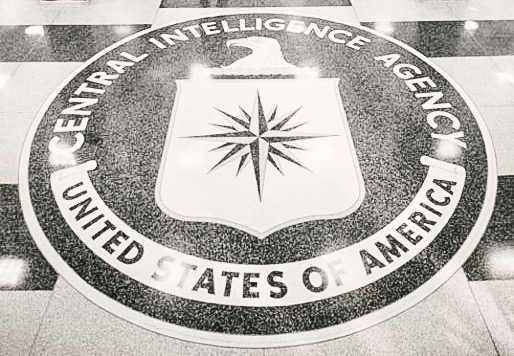RCFP, coalitions oppose CIA’s effort to undermine press freedom, government oversight

Update 7/18/2019: On Wednesday, July 17th, the House of Representatives passed H.R. 3494, the Damon Paul Nelson and Matthew Young Pollard Intelligence Authorization Act for Fiscal Year 2020, with a vote of 397-31. The IIPA was included in this version of the bill. The bill must now be reconciled with S. 1790, the Senate’s version of the IAA which is included in the National Defense Authorization Act for Fiscal Year 2020.
Alarming press freedom and open government organizations alike, the CIA has pushed for expansion of the Intelligence Identities Protection Act, which criminalizes the disclosure of identities of undercover intelligence officers and agents. When it was passed initially, the IIPA was intended to protect only the identities of U.S. citizen agents active abroad and intelligence officers who were serving abroad or had served abroad within the past five years because of the “special danger” they faced. If the changes advocated by the CIA are adopted, the law would indefinitely criminalize the disclosure of the identity of anyone with a classified relationship to an intelligence agency regardless of whether they have ever served abroad. It would do so even after retirement or death.
When it was passed in 1982, the IIPA was “carefully crafted” to ensure it “does not chill or stifle public criticism of intelligence activities or public debate concerning intelligence policy.” The CIA’s changes would upset the balance carefully struck by Congress and make journalists, especially national security and investigative reporters, more vulnerable to potential criminal liability for disclosing classified information. This is why the Reporters Committee signed on to a July 9 letter, led by Open The Government and joined by 29 open government and press freedom organizations, calling on Congress to remove the provision.
In the House, the relevant provisions are included in the Intelligence Authorization Act [H.R. 3494], while in the Senate, the provisions are included in the Senate’s version of the IAA, and passed the Senate Intelligence Committee unanimously. It is now included in the National Defense Authorization Act for Fiscal Year 2020 [S. 1790]. Amendments were due to the House Rules Committee on July 11 at 10 a.m.